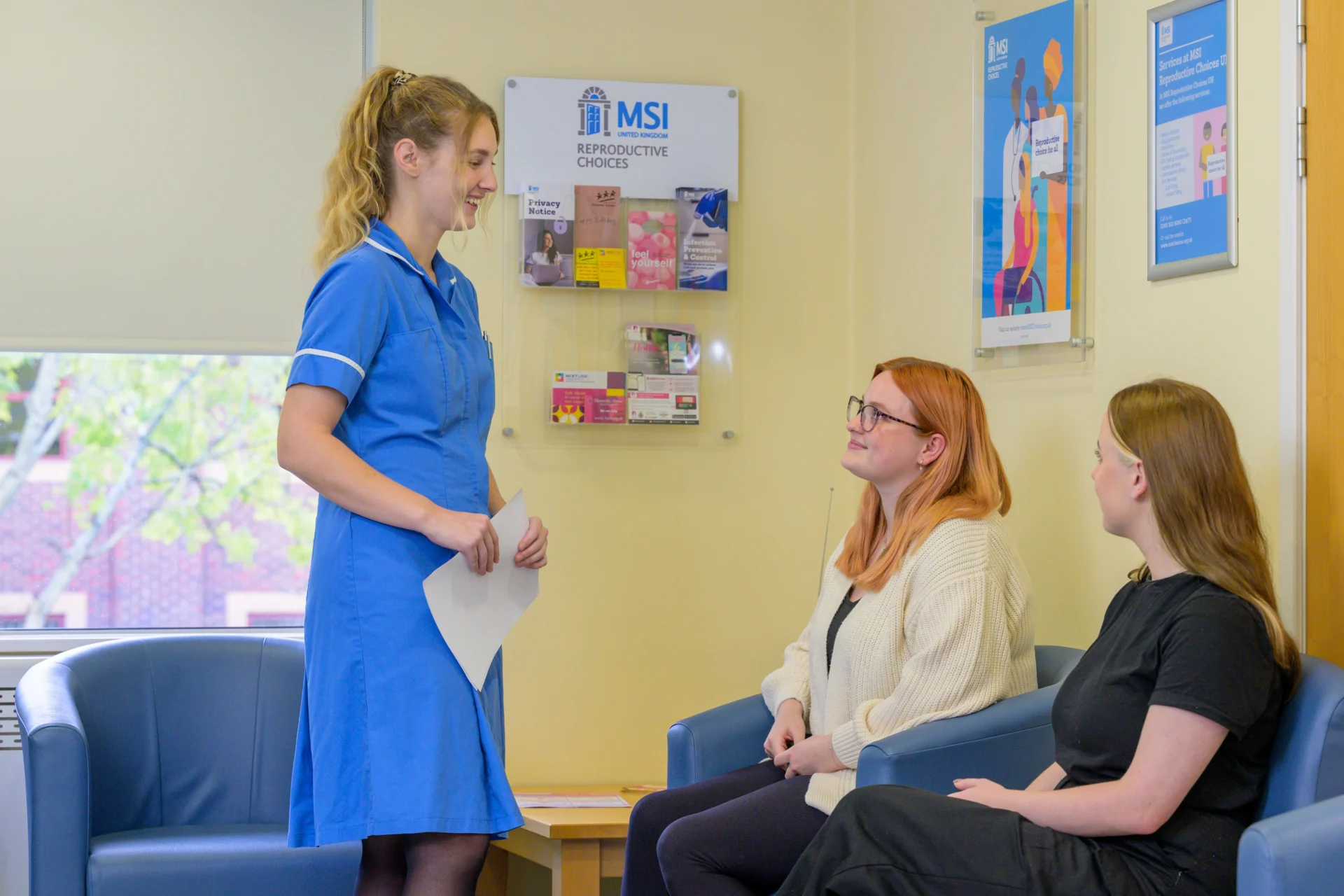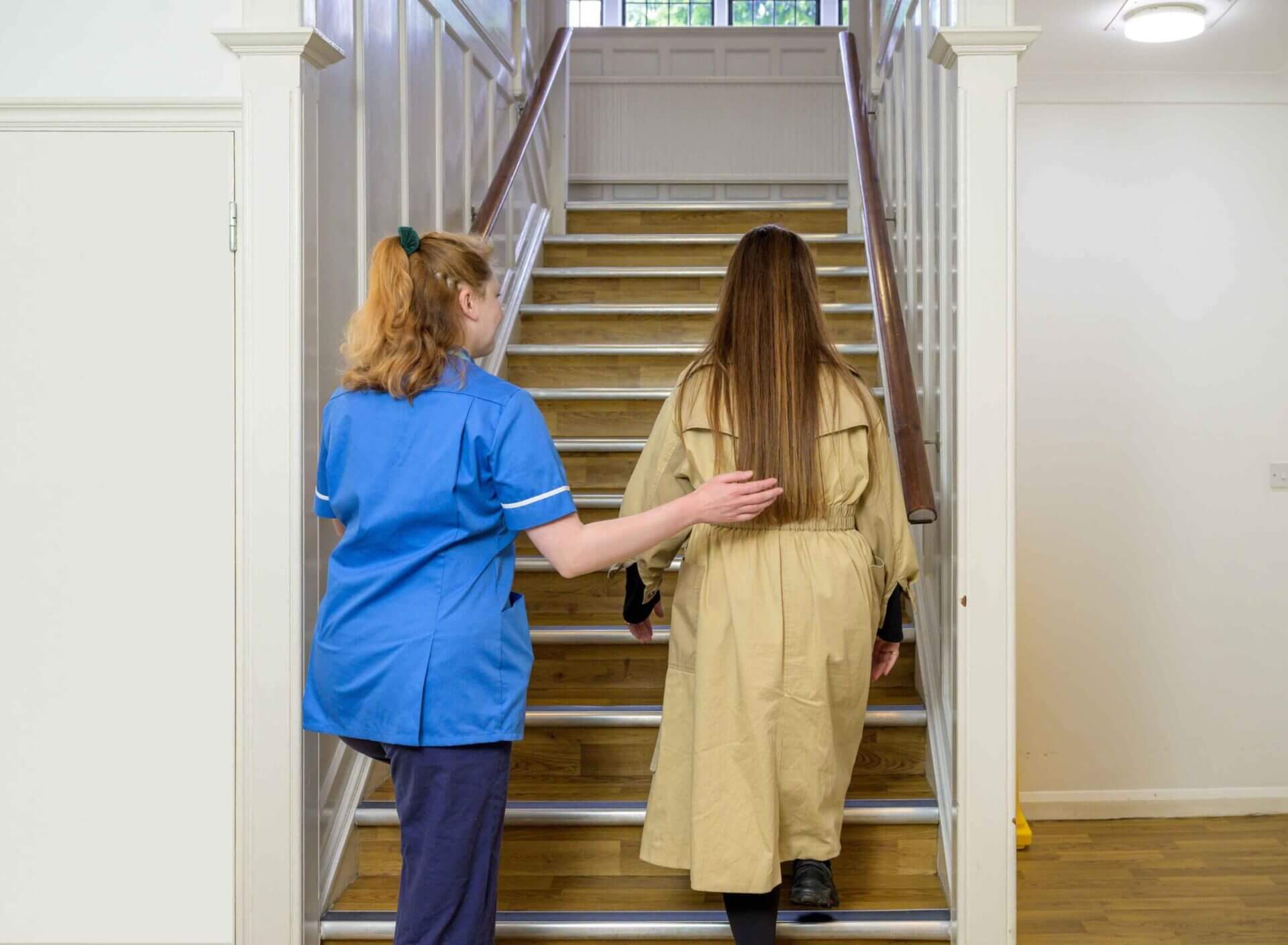In the UK, one in three women will have one or more abortion in their lifetime. Yet, this aspect of women’s healthcare is not often talked about in every day conversation. Abortion stigma can make some people feel like their decision must be kept secret and silent, leading to a lack of access to relevant and accurate information on the matter.
Let’s #SmashAbortionMyths!
Can an abortion affect my fertility?
Some women worry that having an abortion will affect their future fertility. This is not true, there is no link between abortion and infertility. In fact, following an abortion your fertility will return almost immediately. If you do not want to get pregnant after having an abortion it is important to have a contraceptive method in place as soon as possible. At your abortion appointment, you will be offered a range of contraceptive methods and we’ll be there to advise and talk through your options with you.
Is abortion actually safe?
Abortion is very safe. Like any surgical procedure or medical treatment, there are some risks, and we will explain these to you clearly during your consultation with us, but one in three women in the UK will have an abortion by the age of 45 and most will not experience any problems.
Some women also worry that having more than one abortion is not safe, but this is also not true. It is safe to have more than one abortion. We are here to help you, no one will judge you.
Can an abortion increase the risk of developing breast cancer?
No, having an abortion will not increase your risk of developing breast cancer. The World Health Organisation* has published data showing there is no link between abortion and breast cancer, and no increased risk.
*World Health Organisation (2012), Safe Abortion: Technical and Policy Guidance for Health Systems (second edition), p.49.
Only those who don’t use contraception properly have unplanned pregnancies
False! Contraception reduces your chance of getting pregnant, but no contraceptive method is 100% effective. With roughly three decades of fertile years to navigate, an unplanned pregnancy can happen to a woman at any stage of her reproductive lifetime and there are many different reasons that she will decide to have an abortion.
Can an abortion have an impact on my mental health?
There is no evidence that abortion causes depression. Most women do not regret their decision and move on with their lives. If you want to talk before or after your abortion we have counsellors who offer confidential support.
After an abortion, an individual may experience a range of emotions including sadness, relief, or regret, but studies show that the most common feeling expressed is relief.
A landmark study by the University of California found that five years after having an abortion, more than 95% of women in said it was the right decision for them.
However, while women did not report regretting their decision, about 70% said they felt they’d be stigmatised by their communities if people knew they had sought an abortion.
These findings echo a 2019 study by MSI Reproductive Choices, which found that just one in three women (33%) in the UK would tell their family if they were considering getting an abortion.
Who has abortions? Stereotyping people who have abortions
The reasons women choose to have abortions vary widely and are deeply personal, as counsellors on our confidential advice line One Call (03453008090) will attest. Many are already mums, some are devoutly religious and some have been advised to terminate a much-wanted pregnancy for medical reasons or severe foetal abnormalities. Sadly today, despite the fact that one in three women will have an abortion, hardly anyone talks about the issue, ignoring the fact that women having abortions are of all ages and backgrounds, and from every walk of life.
- Only ‘young and irresponsible’ people have abortions – Not true. Women of all reproductive ages (teenage to early 50’s) have abortions.
- Only single women have abortions – Not true. Many women who have abortions are married and many already have children.
- Only women who are not religious have abortions – Not true. Women of different religious faiths have abortions.
- Only women who want an abortion for social reasons can have an abortion – Not true. Some women have an abortion due to their own medical condition/s or due to a severe foetal abnormality.
- Only women have abortions – Not true. Nonbinary people and trans men need the same access to abortion care as women and MSI UK’s centres are open to people of all gender identities and sexual orientations, to provide accurate information, compassionate support and expert healthcare.
Get in touch to know more
You can always contact us if you have any doubt or would like to ask any questions:
- England, Scotland and Wales: 03453008090
- Northern Ireland: 03332342184
- Republic of Ireland: 1800849091
- International: +44(0)1454457542
We are here for you. Contact us.
You can also use facebook messenger to contact us via social media: MSI Reproductive Choices UK facebook page.







